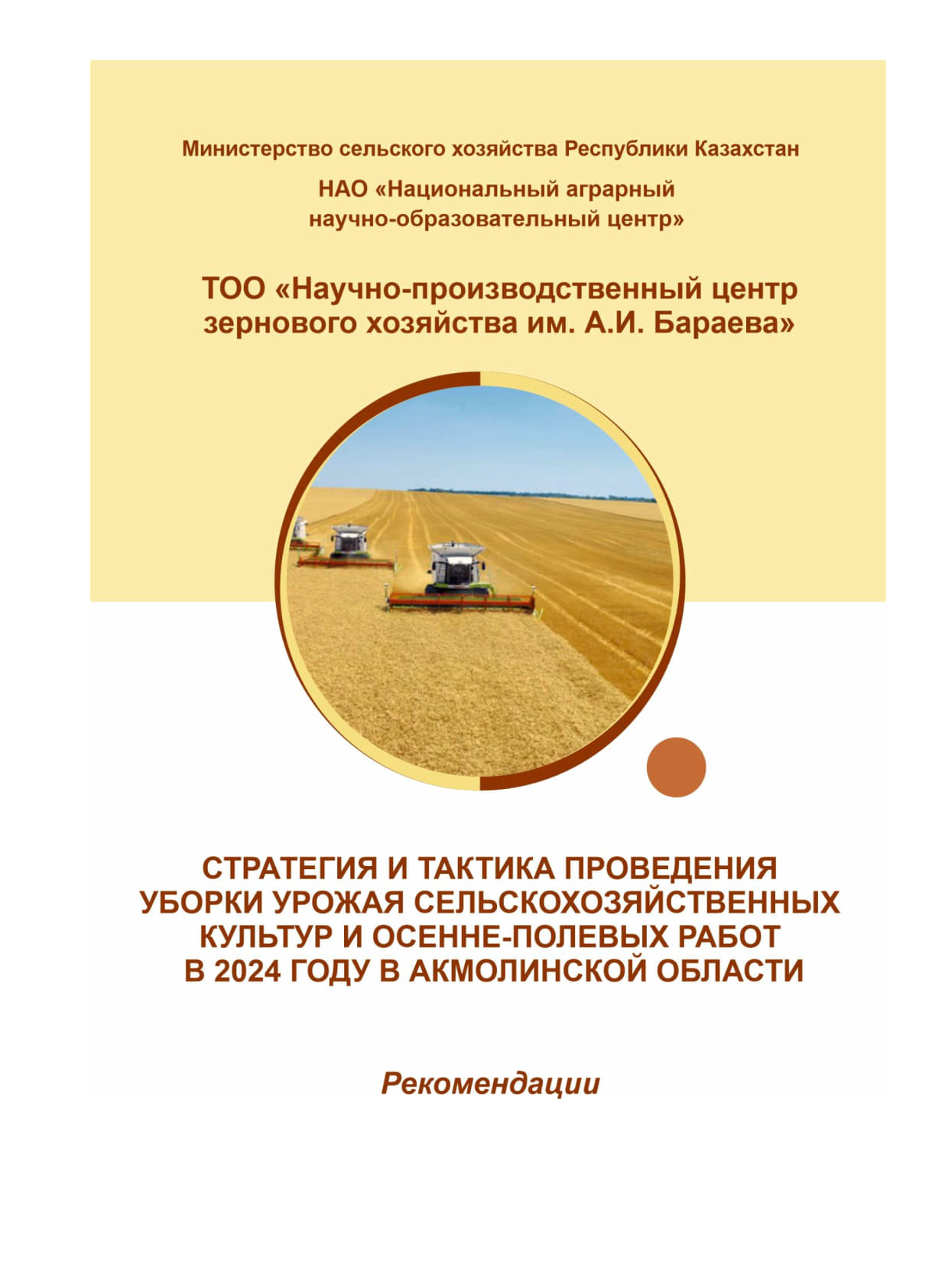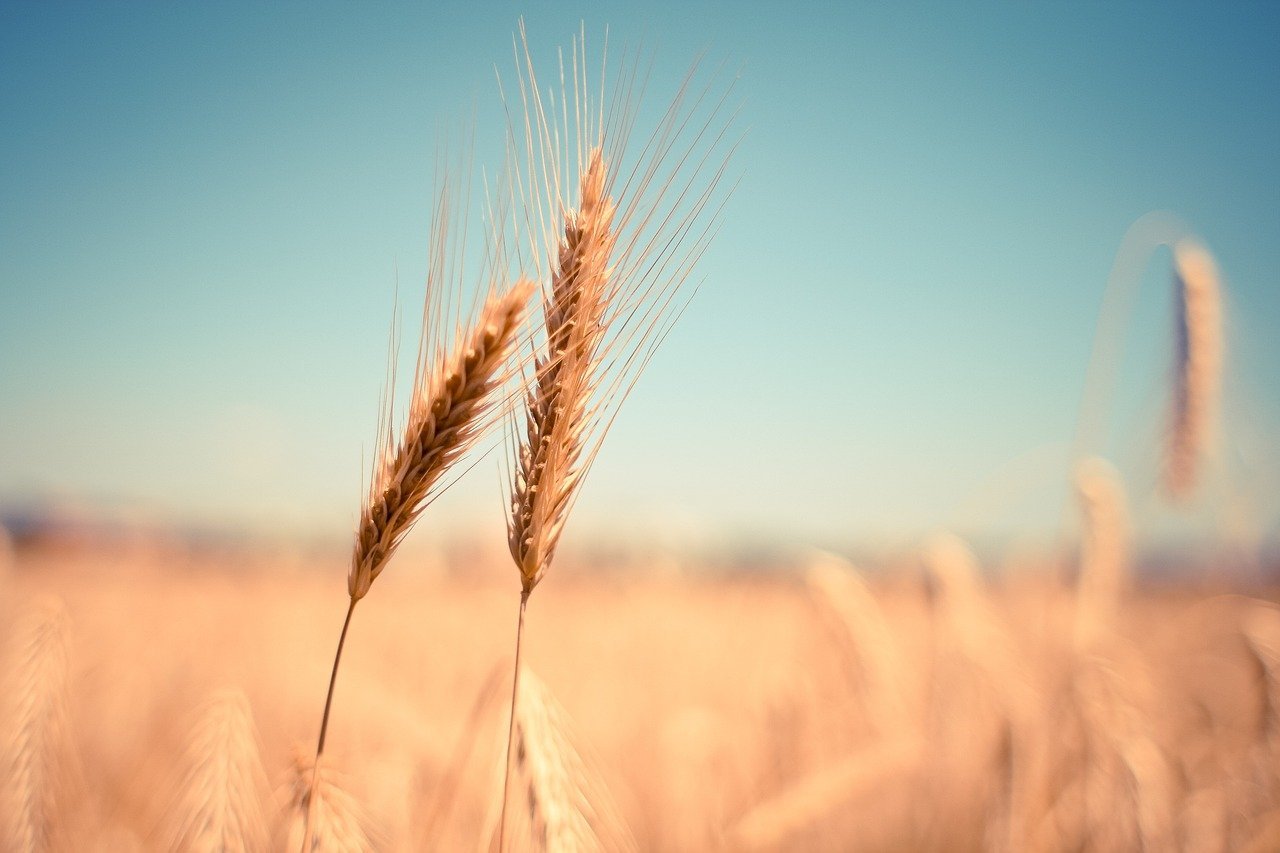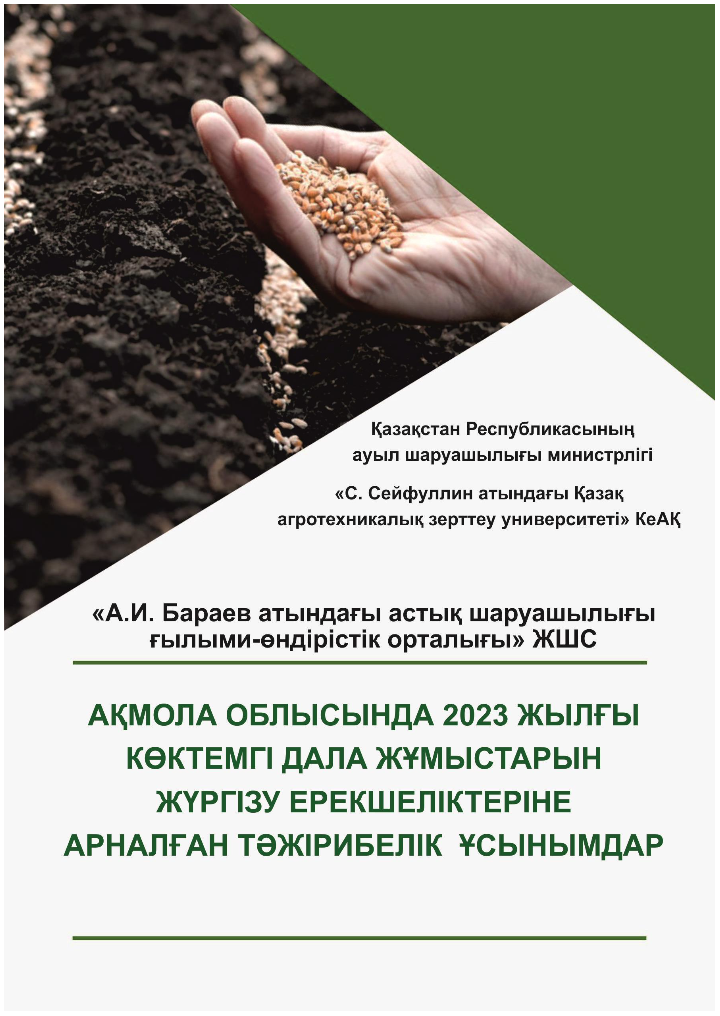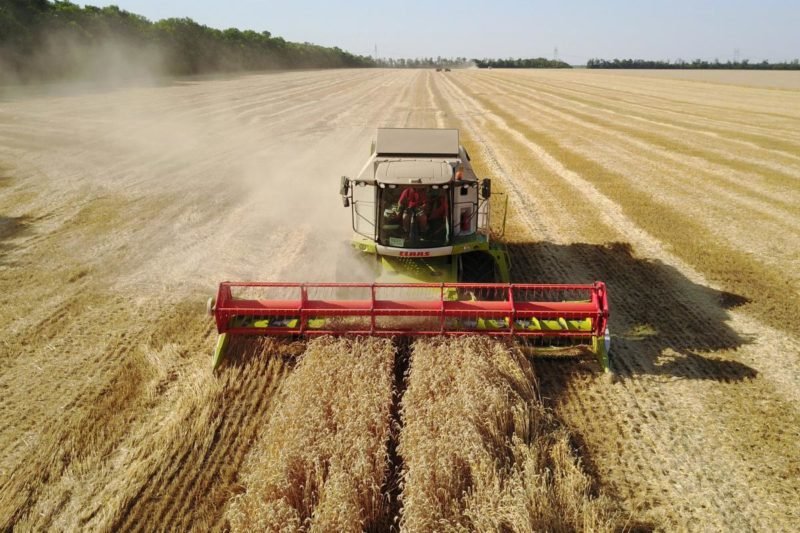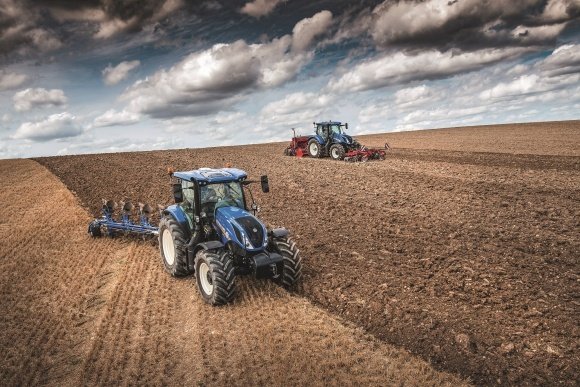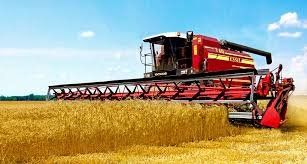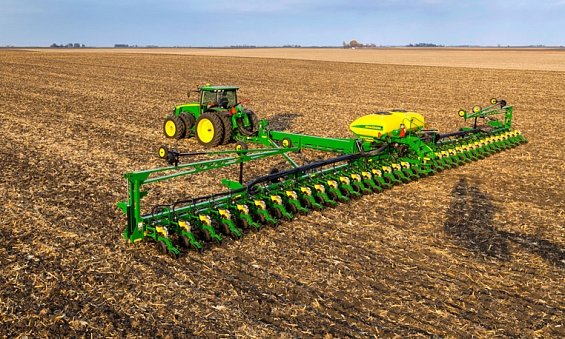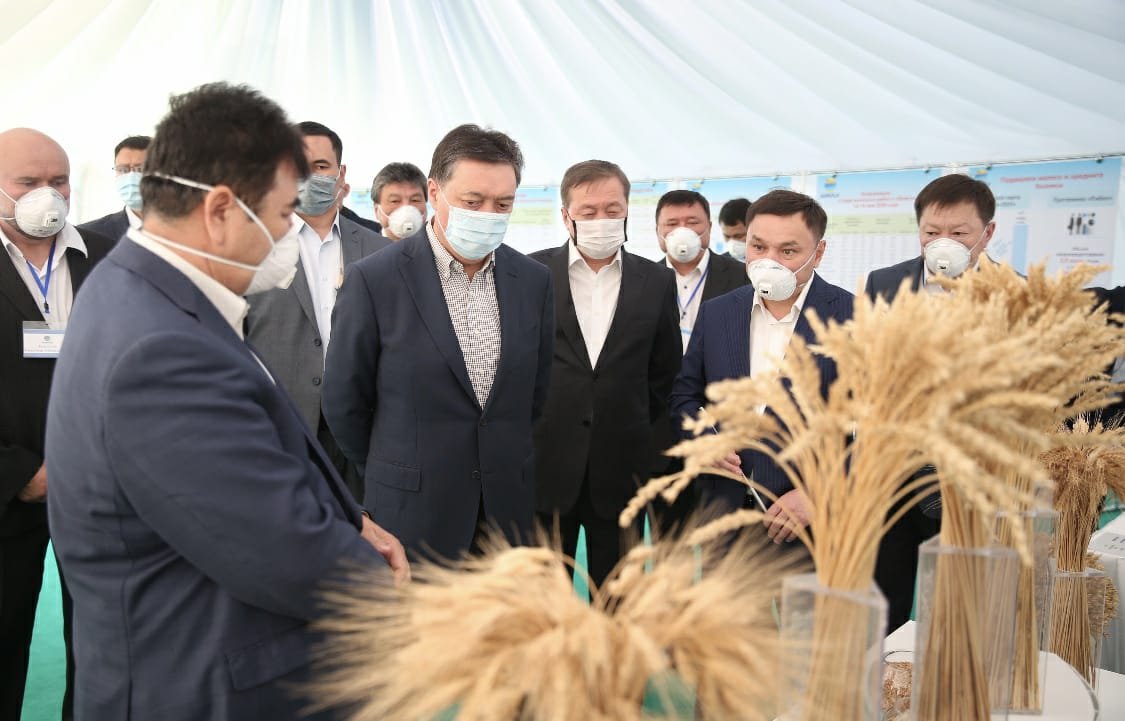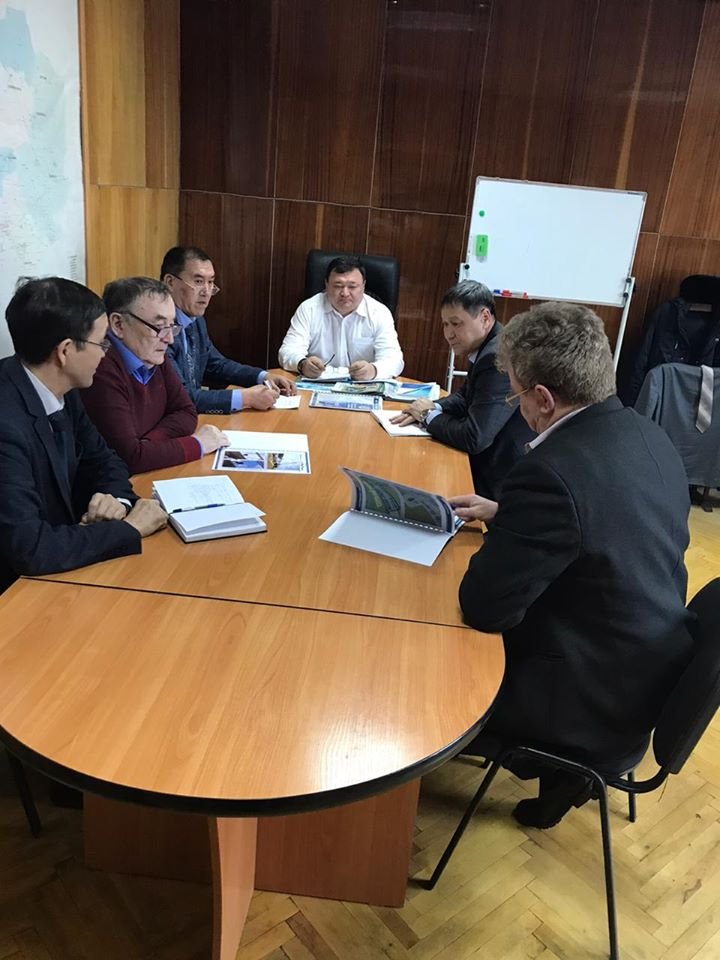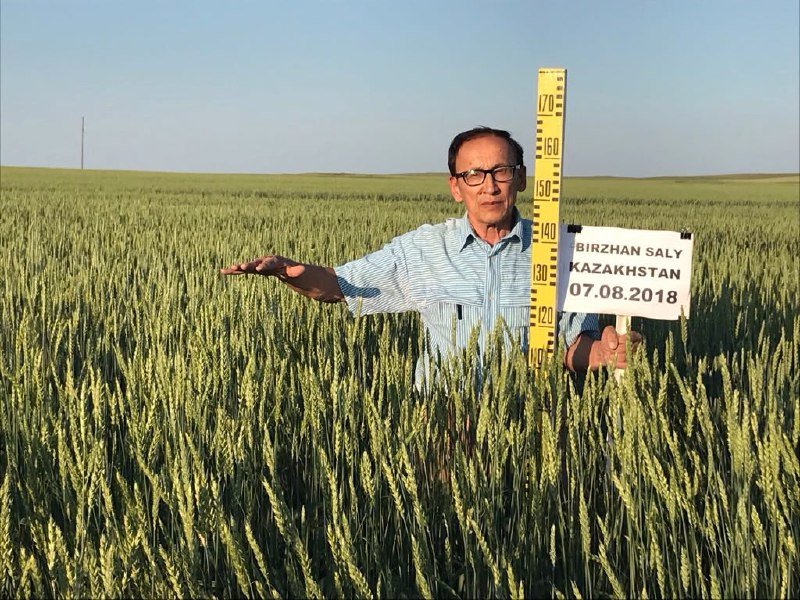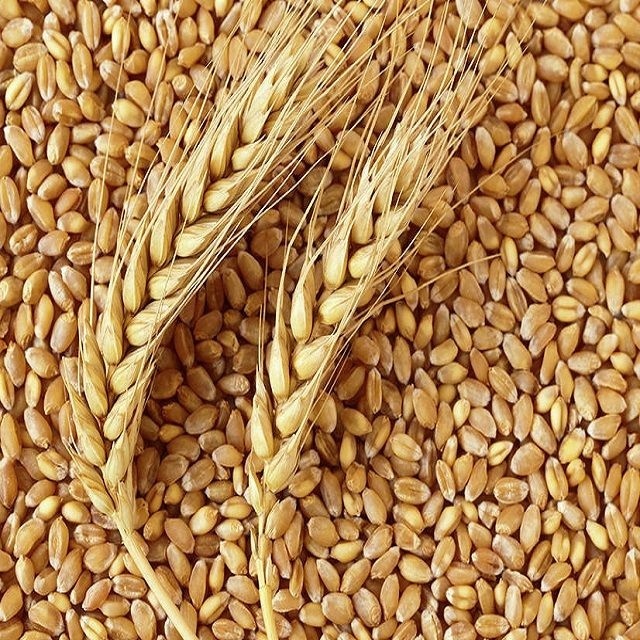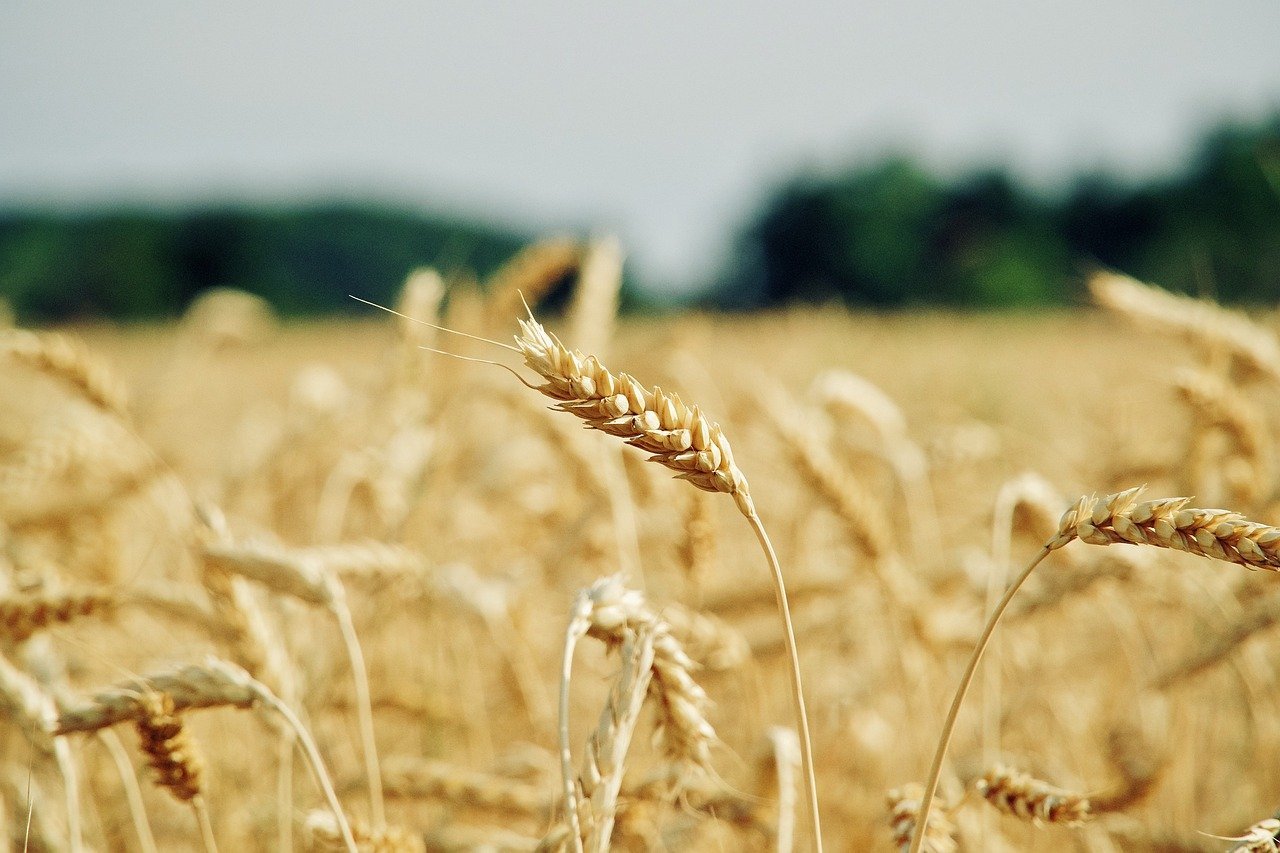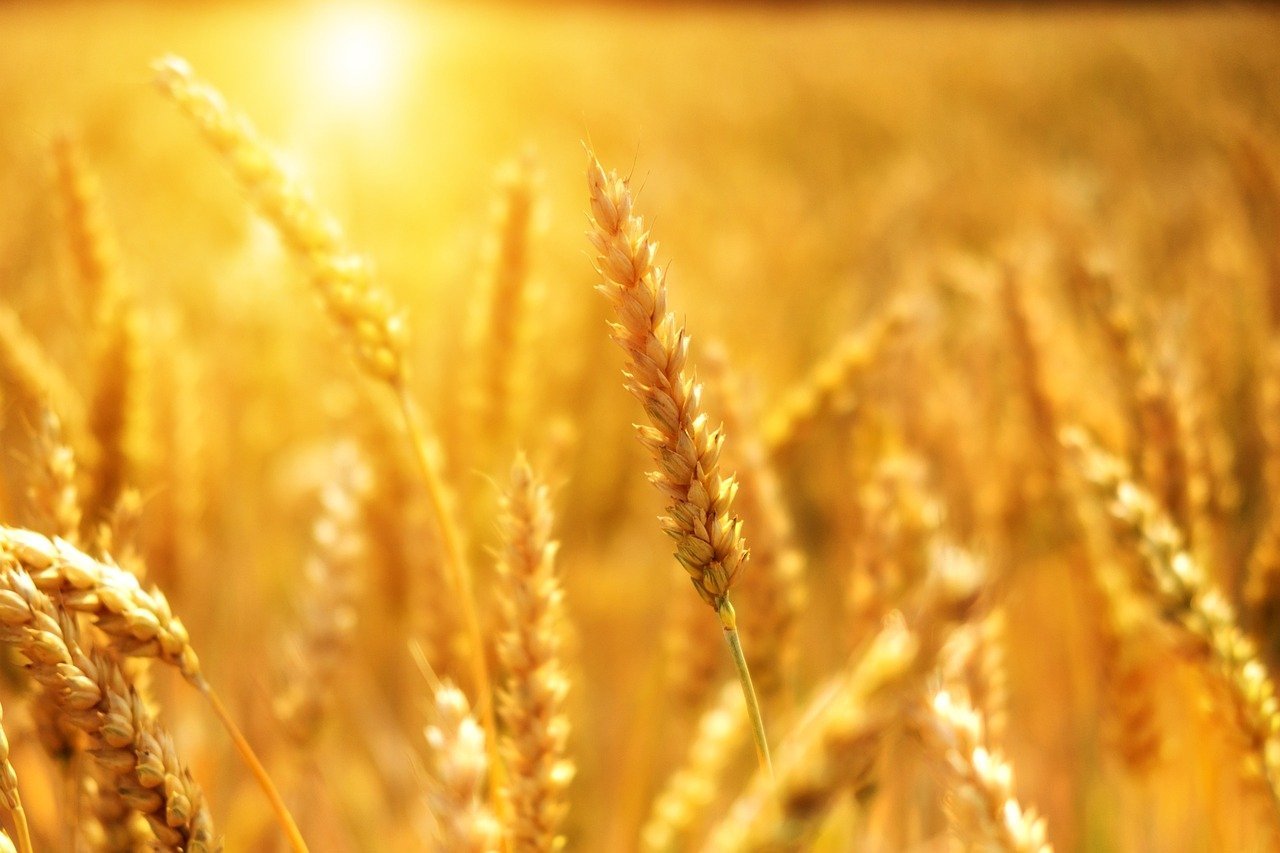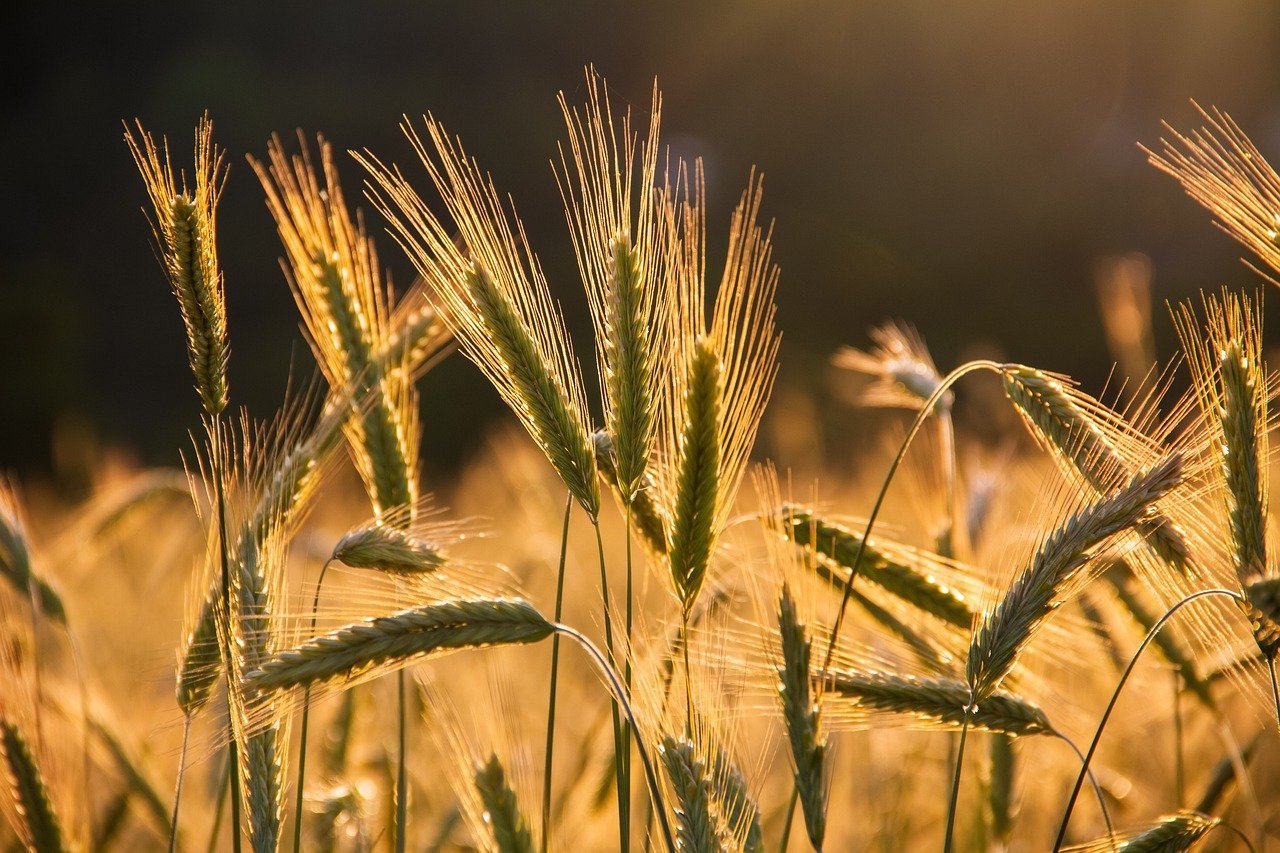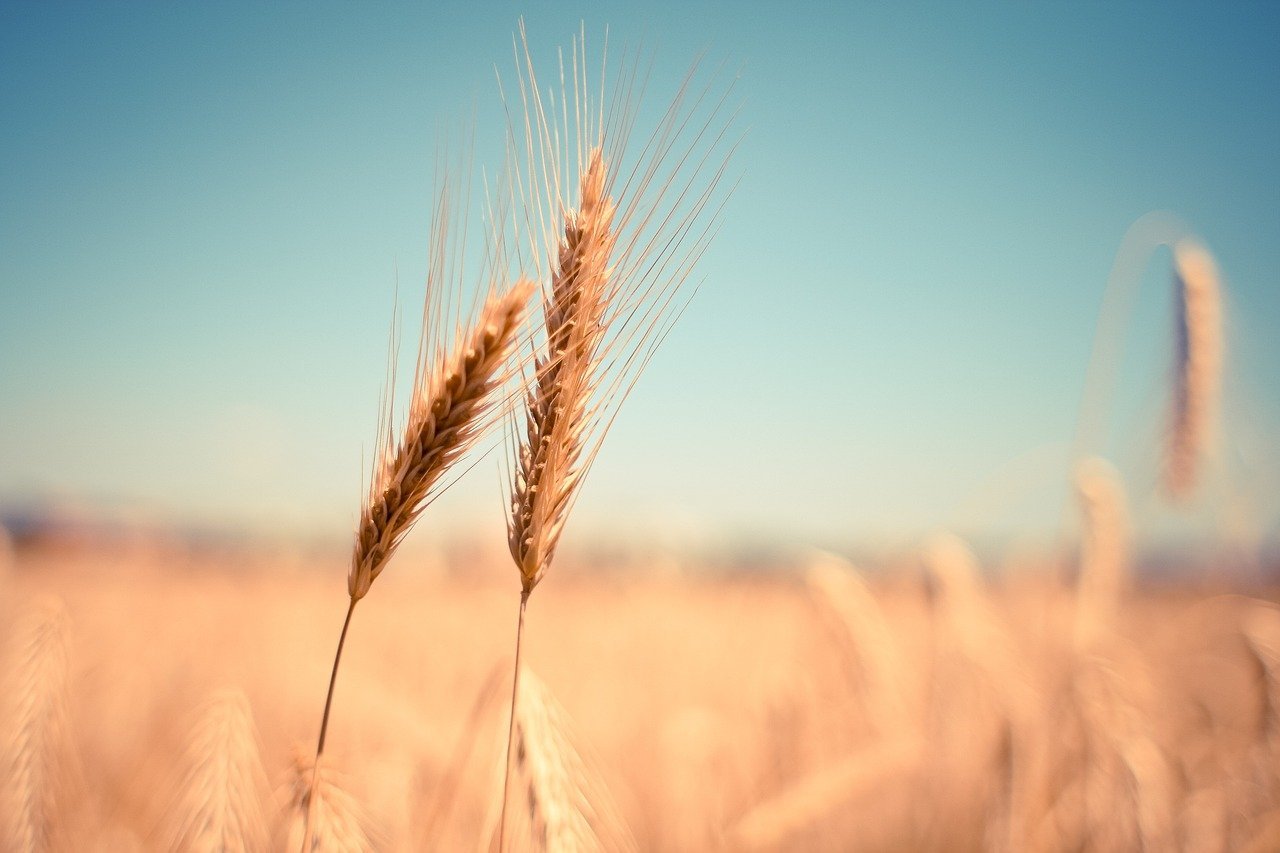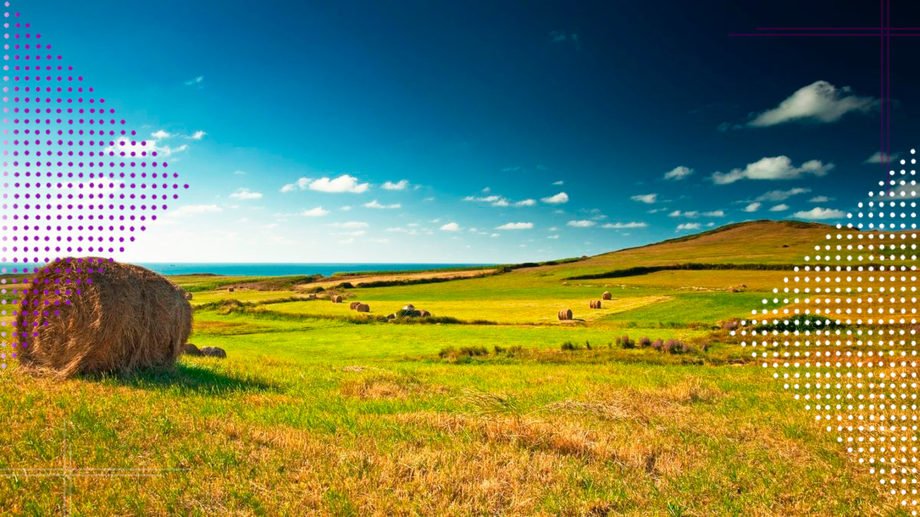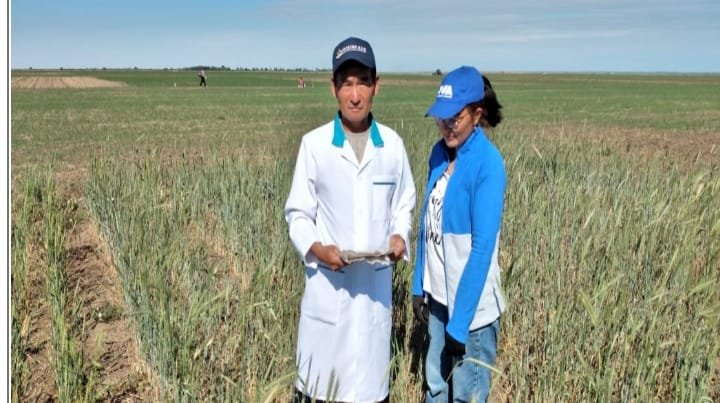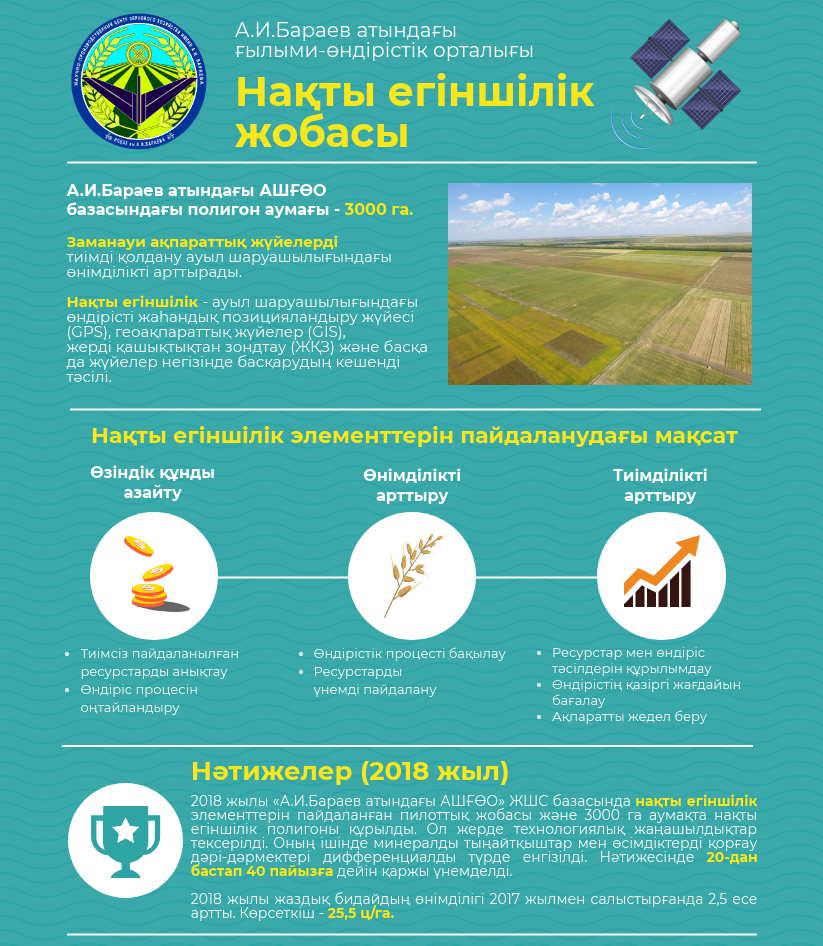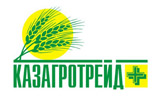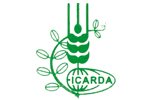The lessons of 2024 and the tasks of scientists for the future
Main news
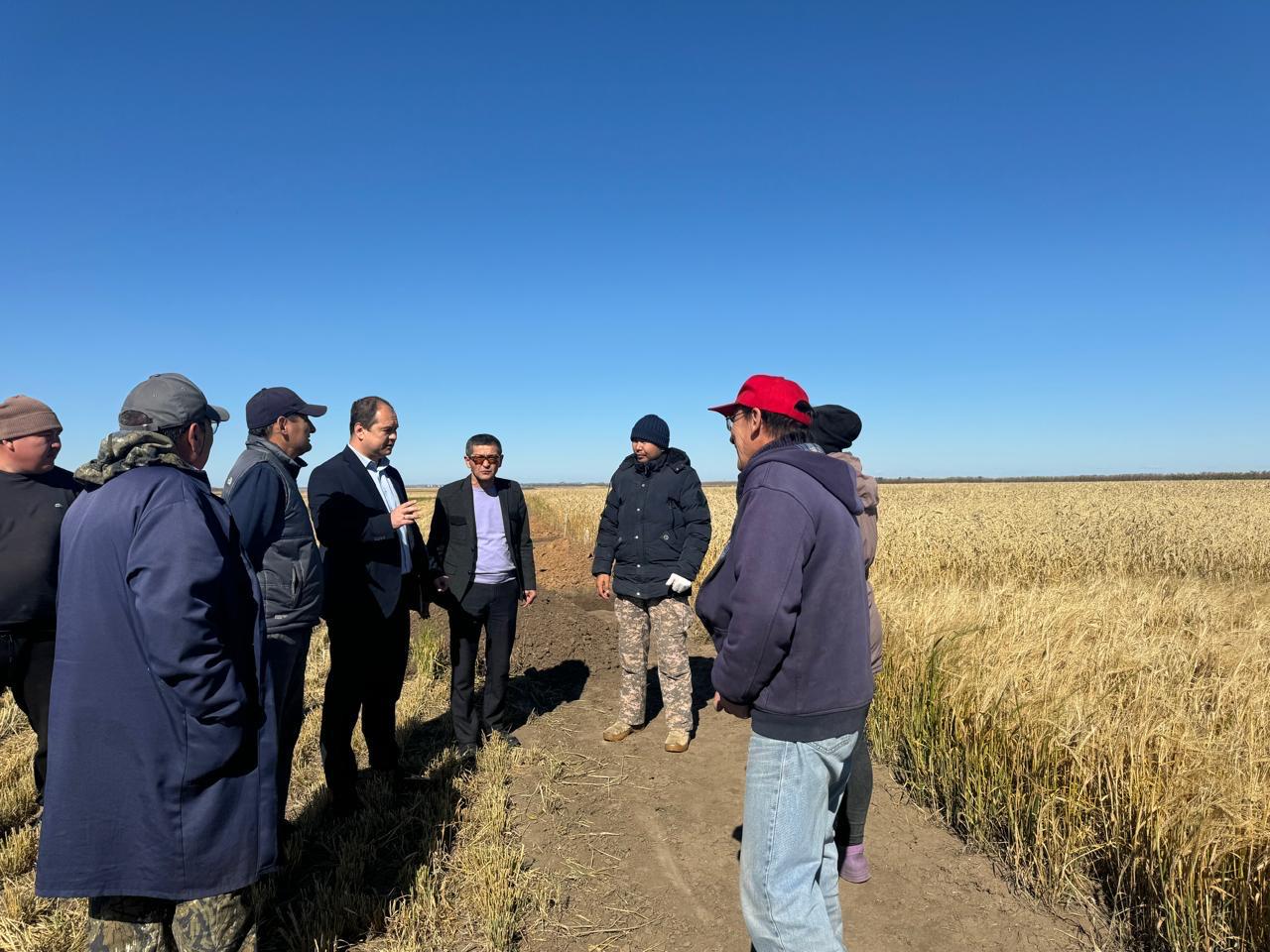
SP scientists have developed farming systems for the arid regions of Kazakhstan. This system justifies itself. Today, agricultural producers who successfully developing these technologies receive sustainable crop yields. An example is the farms «Dostyk 06», «Farmer 2002» of Astrakhan region, the holding «Nur Astyk» of Shortandy district. «Ken Dala» LLP, Rodina Agrofirm of Tselinograd district, Sapa Grain of Korgalzhyn district of Akmola region. They are successfully mastering modern technologies of the economy of Kostanay region, North Kazakhstan region. These farms work closely with SPC scientists and in recent years have successfully obtained wheat yields of 2.0 t/ha. It’s wheat. In addition, these farms use the diversification of acreage on a scientific basis — this is now a reliable «buffer» against modern challenges. Today’s problems: significant climate change, product prices, high production costs. An urgent and pressing issue on the agenda is soil degradation, especially water erosion of soils and, to a significant extent, the associated manifestation of flood situations. The Institute constantly voices these threatening problems, but they paid attention only after serious disasters in the spring of 2024. The Institute has solutions to these issues.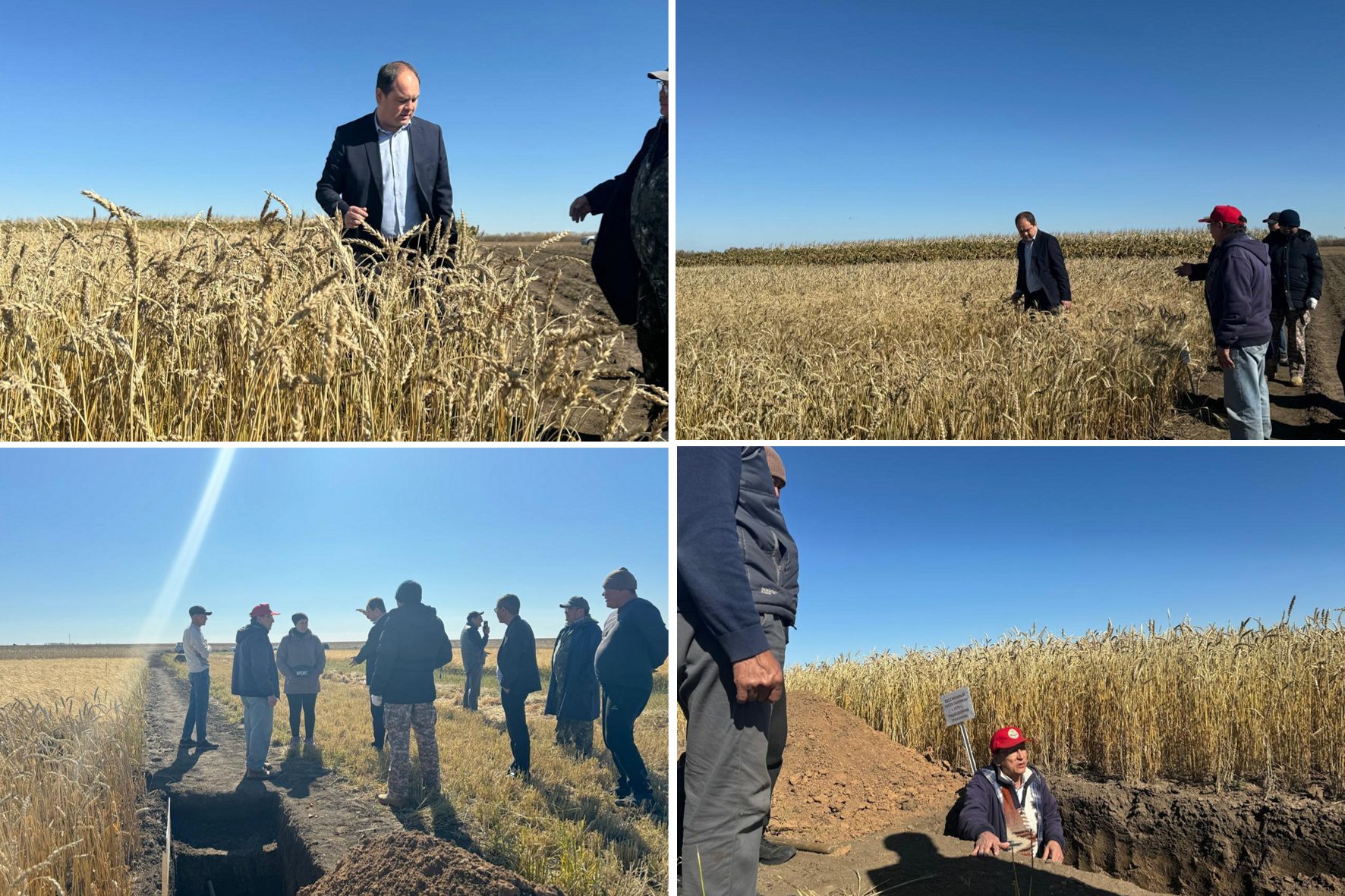
This year, according to SPC scientists, the level of yield and grain quality were influenced by ignoring the use of plant protection products, especially against diseases. Farms that ignored the use of fungicides lost up to 5-7-9 kg/ha of grain. And this is the quality of grain, markets, product prices!!! Reasons: underestimation of this factor, lack of financial resources and, often, the quality of fungicides!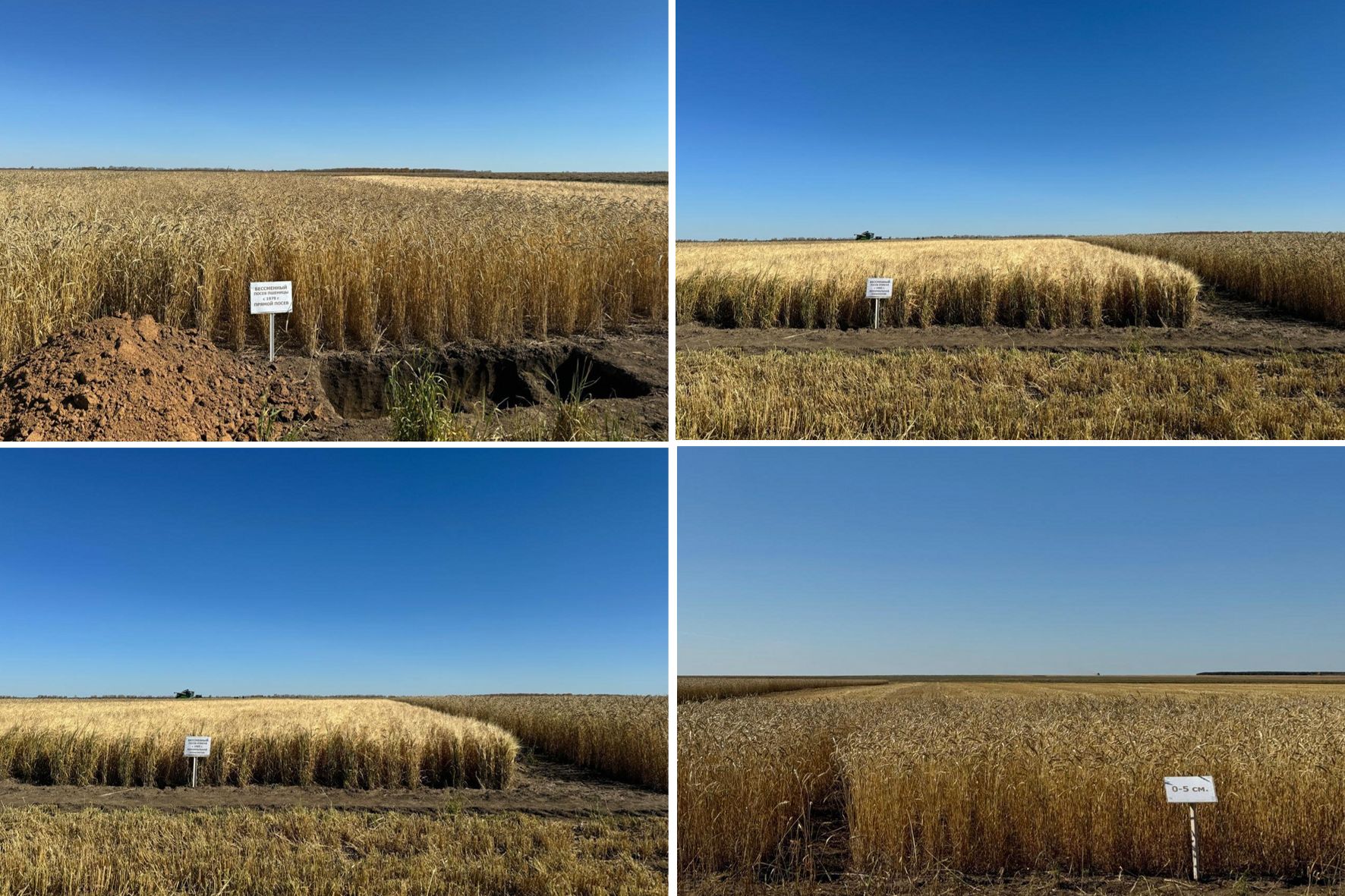
An active, debatable question: varieties. We understand what needs to be searched for and adapted. But do not miss an important issue — the sustainability of productivity, the manufacturability of cultivation, the quality of grain and, what is not paid attention to — the production of biomass, soil fertility. These points should come first. There is no universal variety, but under equal conditions, the issue of seed production, cost, stability comes first!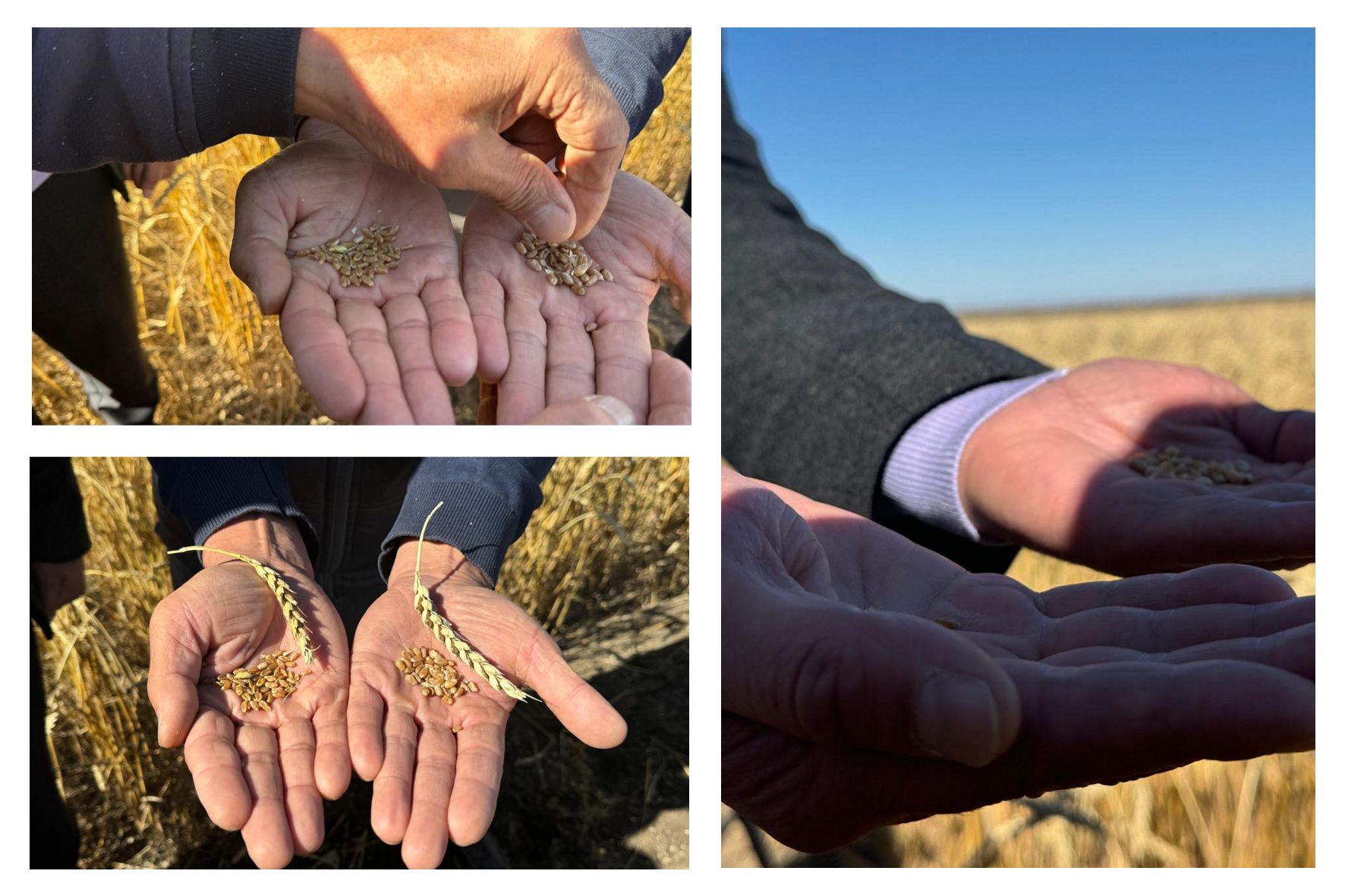
Now on the agenda for scientists: conservation, first of all, and increasing soil fertility. This is the foundation for the future sustainability of farming systems. A complex issue is soil health!!! Now we know the «narrow» spots of tillage systems and our research shows in which direction farmers should work to ensure the reliability of sustainable farming. Taking into account the market and soil fertility, it is reasonable to apply diversified crop rotations. Crop rotations are not only for gross production, but also for the return of biomass, soil fertility, diversify crop production, and actively work with plant biomass. Wind erosion of soils has not been removed from the last day. There are wind and water erosion in Kazakhstan. Some of our farmers use, perhaps unknowingly or for economic reasons, fallow fields with multiple machining. It is important to remember that our soils have been recovering for centuries, even millennia. At the same time, a farmer from unknowing can lose a fertile layer in one spring, which has been accumulating for a century. To increase the sustainability of agricultural production, zonal scientifically based, low-cost cultivation systems based on minimizing cultivation systems, agrobiodiversity, management of soil processes, plant growth and development, the use of adapted varieties of local breeding, digitalization of technological processes are relevant. There are no universal farming systems: there must be zonal ones using elements of precision farming. At the first stage, the landscape approach is relevant. The use of precision farming system elements will reduce financial costs per unit area, reduce spatial variation in soil fertility and yield fluctuations. Some agricultural producers aim to make a big income, but forget the issues of preserving the health of the earth. It is not worth counting on instant incomes in agriculture, moreover, without investing anything in soil fertility. Now we are actively working in this direction.
Akshalov К.А., Head of the Laboratory of Adaptive and Agro-landscape Technology of SPC GF named after A.I. Barayev
